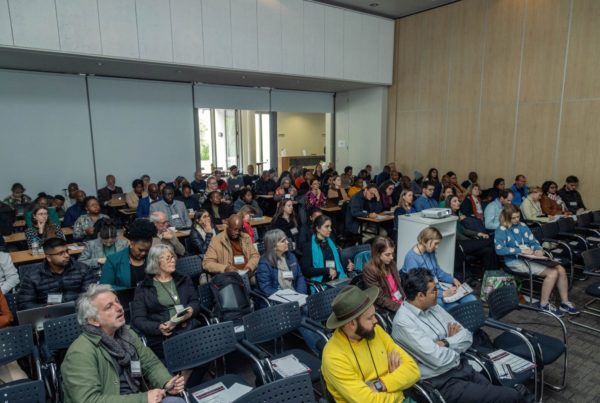Abstract:
At the time of South Africa‟s transition to democracy the school system was envisaged to be a powerful vehicle for nation-building and transformation. The chronic low performance of the South African school system has subsequently become the subject of widespread public concern. This thesis examines the distribution of cognitive achievement amongst South African children and the factors influencing it, especially socio-economic status, and asks what the implications of this are for future economic development. The methodologies employed are predominantly quantitative as various sources of data are examined in order to collect evidence pertaining to the question above.
Chapter 1 lays down a conceptual framework for understanding the role of schooling in economic development. The point is made that although education is often envisaged as a vehicle for development and mobility out of poverty, the home socio-economic status of children impacts significantly on their educational outcomes. Chapter 2 reviews recent and relevant literature to establish main currents of thinking regarding the influence of socio-economic status on educational outcomes. Chapter 3 follows this with an empirical examination of the influence of socio-economic status on reading achievement amongst South African children. The results indicate that the relationship between socio-economic status and educational achievement in South Africa is particularly strong by international standards. Furthermore, the historical divisions within the school system remain key to understanding continuing inequalities in educational outcomes. The socio-economic status of students is crucial in determining which part of the school system students enter; then for those entering the historically disadvantaged system the chances of achieving high quality educational outcomes are small, regardless of their home background.
The main priority in the latter part of chapter 3 and thereafter is the attempt to identify factors that improve cognitive achievement, given the socio-economic context of schools and their students. In chapter 4, this search is taken up by examining a rich collection of data regarding school and teacher practices in South African primary schools. In chapter 5 this is done by analysing trends in the ability of high schools to convert demonstrated grade 8 achievement into matric outcomes. An additional perspective is provided through a comparison of the performance of South Africa‟s independent and public schools in Chapter 6. The final chapter summarises the results from these various approaches and highlights several key areas on which, it is recommended, attempts to improve South Africa‟s schools should focus. These include the management of school resources, teacher work ethic, time management and planning within schools, curriculum coverage, the accuracy of assessment and feedback to students, and parent commitment to education. Improving these areas within the large and struggling part of the South African school system will be decisive for the country‟s economic development.
DOWNLOAD PDF







